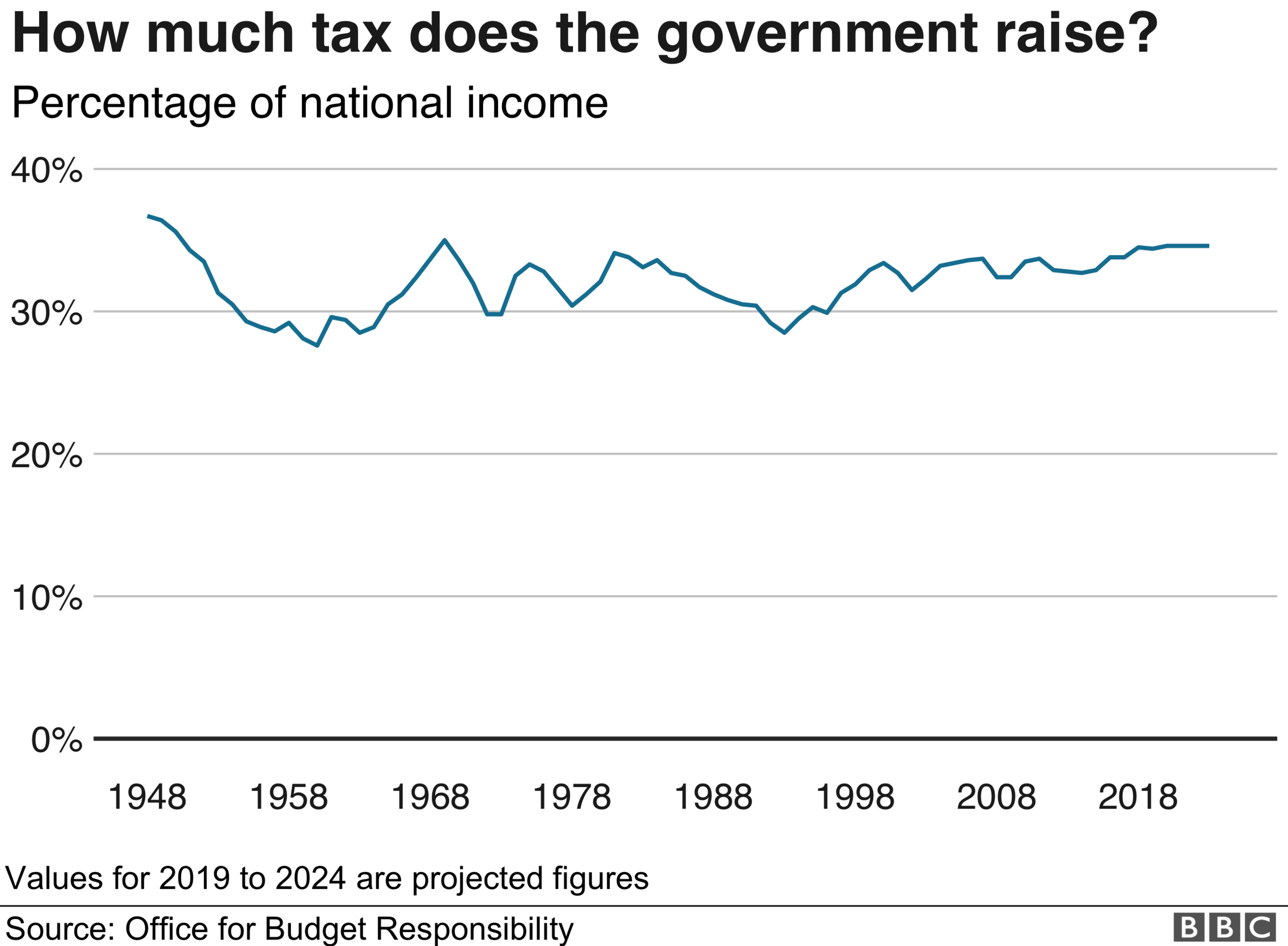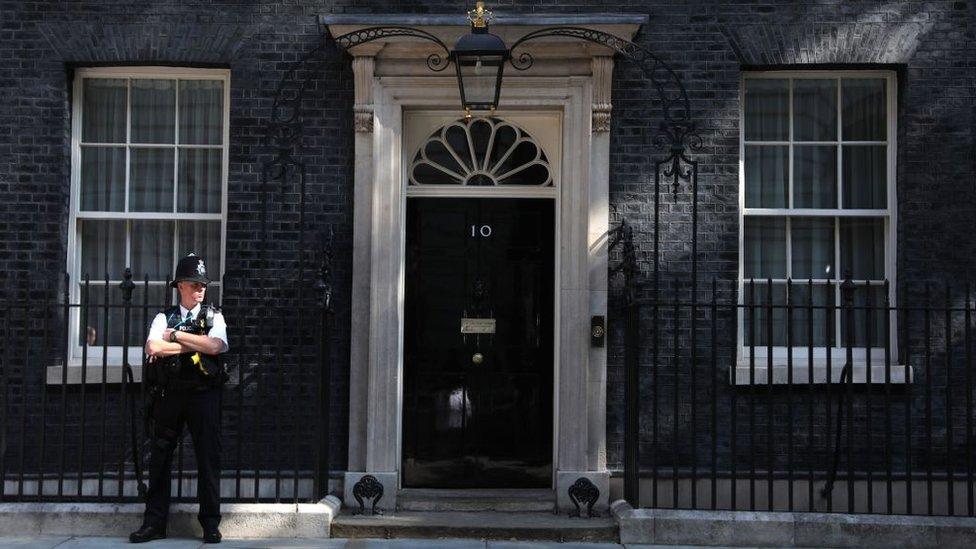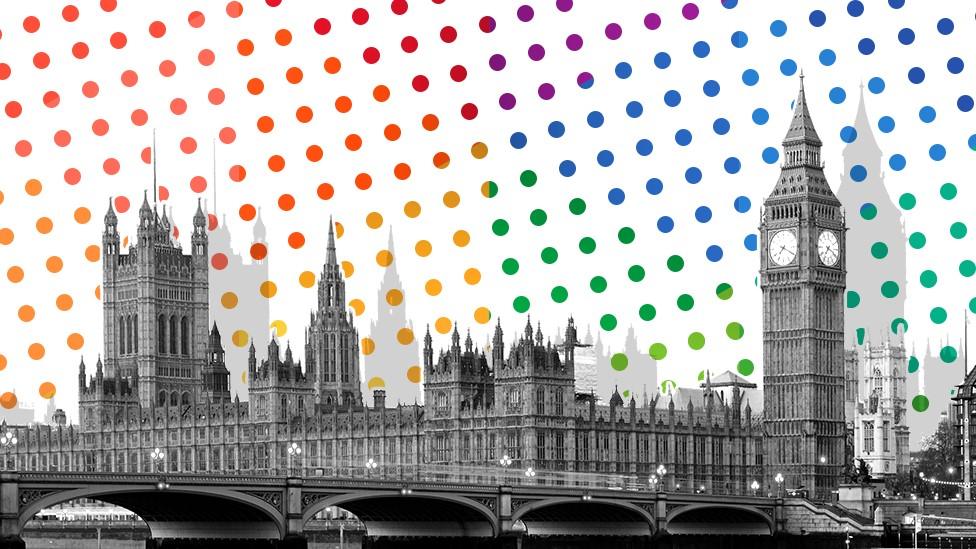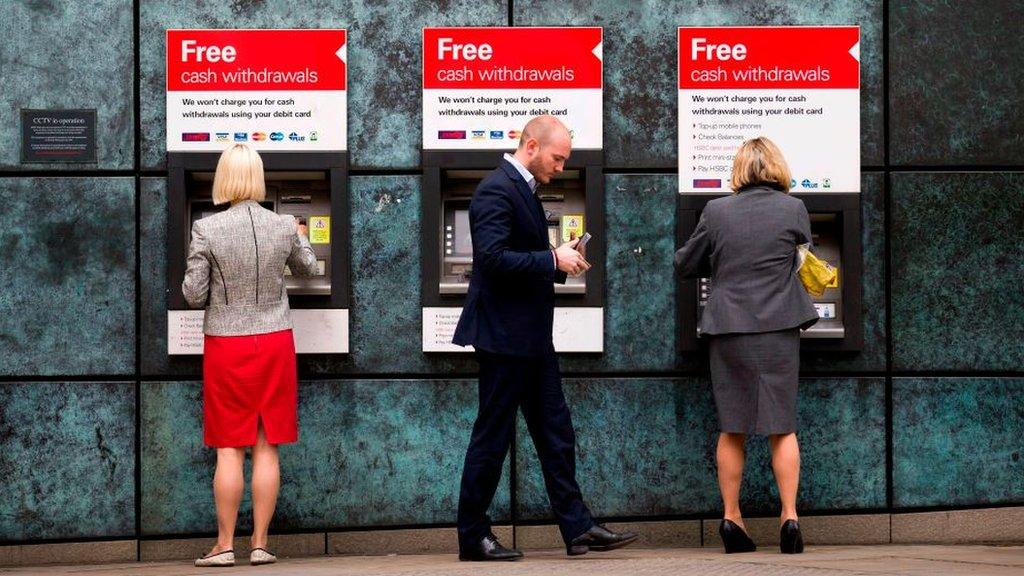Election 2019, Your Questions Answered: What's being done for the self-employed?
- Published

With the general election fewer than three weeks away, parties' views on tax, finances and jobs have been topics on the minds of our readers.
Here, we answer a selection of your questions we have received.
What is each party planning to do with the tax regulations for the self-employed? - Kim Rahbek, Milton Keynes
The UK's IR35 legislation makes sure, external that contractors, or self-employed people, pay the same tax and National Insurance (NI) contributions as employees do.
Changes in April will mean that big private companies will be responsible for assessing contractors' employment status and NI contributions, rather than individuals.
In their manifesto, the Liberal Democrats have called for a review of recent proposals to change the IR35 rules.
No other parties mention the regulation specifically in their campaign pledges. But the Conservatives have said that they would make the tax system "easier to navigate" for the self-employed.
Labour has promised to end "bogus self-employment", where self-employed people work for just one company using a middle man like a limited company, which can cut tax bills for them and their employer. In this case, they should often be classed as an employee.
Will anyone address the huge unfair tax burden on single income families by introducing tax allowance transfer between parents? - Becky, Houghton

Married couples or those in a civil partnership are able to claim a tax break if they have a combined income of under £62,500.
The marriage allowance was introduced in 2015, and lets people transfer £1,250 of their personal allowance to the higher earning partner to reduce their tax bill.
In the 2018 financial year, 1.78 million people claimed marriage allowance, costing the UK government £485m.
However, the tax break doesn't apply to co-habiting couples, regardless of how much they earn or how long they've been together.
Both the Labour Party and the Liberal Democrats have committed to scrapping the tax break altogether. Other parties have not mentioned the policy in their manifestos.

Some parties are advocating borrowing massive amounts of money each year to invest in services. Where will this money be borrowed from? - Rose Lee, Guildford
The amount the government borrows to make up the difference between what it spends and what it collects is known as "public sector net borrowing". It's also often referred to as "the deficit".
The government borrows this money in financial markets, by selling bonds.
A bond is a promise to make payments to whoever holds it on certain dates. There is a large payment on the final date - in effect the repayment.
Interest is also paid to whoever owns the bond in the meantime. So it's basically an interest-paying "IOU".
The buyers of these bonds, or "gilts", are mainly financial institutions, like pension funds, investment funds, banks and insurance companies. Private savers also buy some.
The appeal to the investors is that British government bonds are seen as essentially no risk - there is no risk that the money won't be paid.

CONFUSED? Our simple election guide, external
POLICY GUIDE: Who should I vote for?, external
REGISTER: What you need to do to vote

Are any of the party leaders obliged to provide a copy of their tax returns during the election process? - Mark Errington, Egerton

There's no legal obligation for party leaders to publish their tax returns during an election period.
But some senior politicians have chosen to do so in the past.
Former prime minister Theresa May published four years' worth of returns in the 2016 Conservative leadership contest, for example.
Boris Johnson published a tax statement covering four years when he was mayor of London, external. It showed that in 2016 he paid £1m on his mayoral salary, earnings from newspaper columns and speaking engagements.
Both Labour leader Jeremy Corbyn and shadow chancellor John McDonnell have made their returns public since 2015.
Mr Corbyn's 2017-18 tax return shows that he paid, external just over £46,000 for that tax year.
Do elected MPs have the equivalent of a contract of employment and job description? - Paul Sayer, Milton Keynes

The simple answer is "no".
People tend to regard it as a contract between the voters and the MP - it's down to the voters whether MPs have a position and whether they keep it.
There is no job description and the office holder can choose how to run things. There are many different management styles and it's up to each MP to decide how to carry out their duties. Most MPs will choose to run constituency surgeries, perhaps once a week or once a month - but some choose not to have any.
All MPs receive the same annual basic salary, external (currently £79,468) although it varies with extra responsibilities, for example if they're a minister or committee member. MPs are paid a salary from the day they are elected to the day they lose their seat., external
MPs' pensions are similar to the rest of the public sector and depend on the number of years they are in the job, as well as their salary. So if you've been an MP for 30 to 40 years you will have a good pension, but if you were elected in 2017 and lose your seat at this election, you won't have earned a very good pension.
More Your Questions Answered:

What are your questions about the general election? You can let us know by completing the form below.
In some cases your question will be published, displaying your name and location as you provide it, unless you state otherwise. Your contact details will never be published. Please ensure you have read the terms and conditions.
If you are reading this page and can't see the form you will need to visit the mobile version of the BBC website to submit your question or send them via email to YourQuestions@bbc.co.uk, external. Please include your name, age and location with any question you send in.
- Published15 November 2019

- Published6 December 2019

- Published19 November 2019
